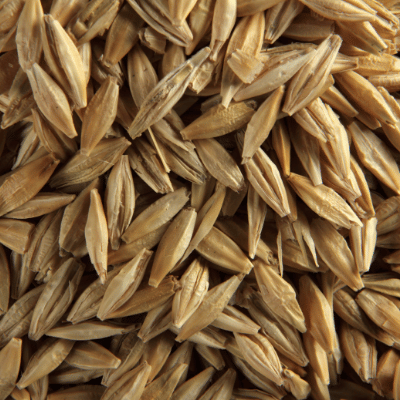Barley
arley is one of the oldest cultivated grains, valued for its high nutritional content and adaptability to various climates. It is an excellent source of dietary fiber, vitamins, and minerals, including magnesium, phosphorus, and selenium. Barley is particularly known for its beta-glucan fiber, which helps in lowering cholesterol levels, improving heart health, and supporting digestion.
In the culinary world, barley is widely used in soups, stews, porridge, and salads. It comes in different forms such as hulled barley, pearl barley, and barley flour, each offering unique culinary applications. The grain’s chewy texture and slightly nutty taste make it a popular choice for healthy and hearty meals.
Barley is also a crucial ingredient in the brewing industry, where it is malted to produce beer and whiskey. The process of malting enhances its natural sugars, making it an essential component in fermentation. Additionally, barley is a key ingredient in animal feed, contributing to livestock nutrition.
Due to its health benefits, barley is increasingly being used in functional foods and dietary products. Its ability to support weight management, regulate blood sugar levels, and promote digestive health makes it a valuable grain for a balanced diet. Whether in traditional dishes or modern health foods, barley continues to be a widely consumed and nutritionally rich grain.
Barley is a highly nutritious cereal grain known for its rich fiber content and versatility. It is widely used in food, beverages, and animal feed. With its nutty flavor and chewy texture, barley is a staple ingredient in soups, stews, bread, and malted products like beer and whiskey.






